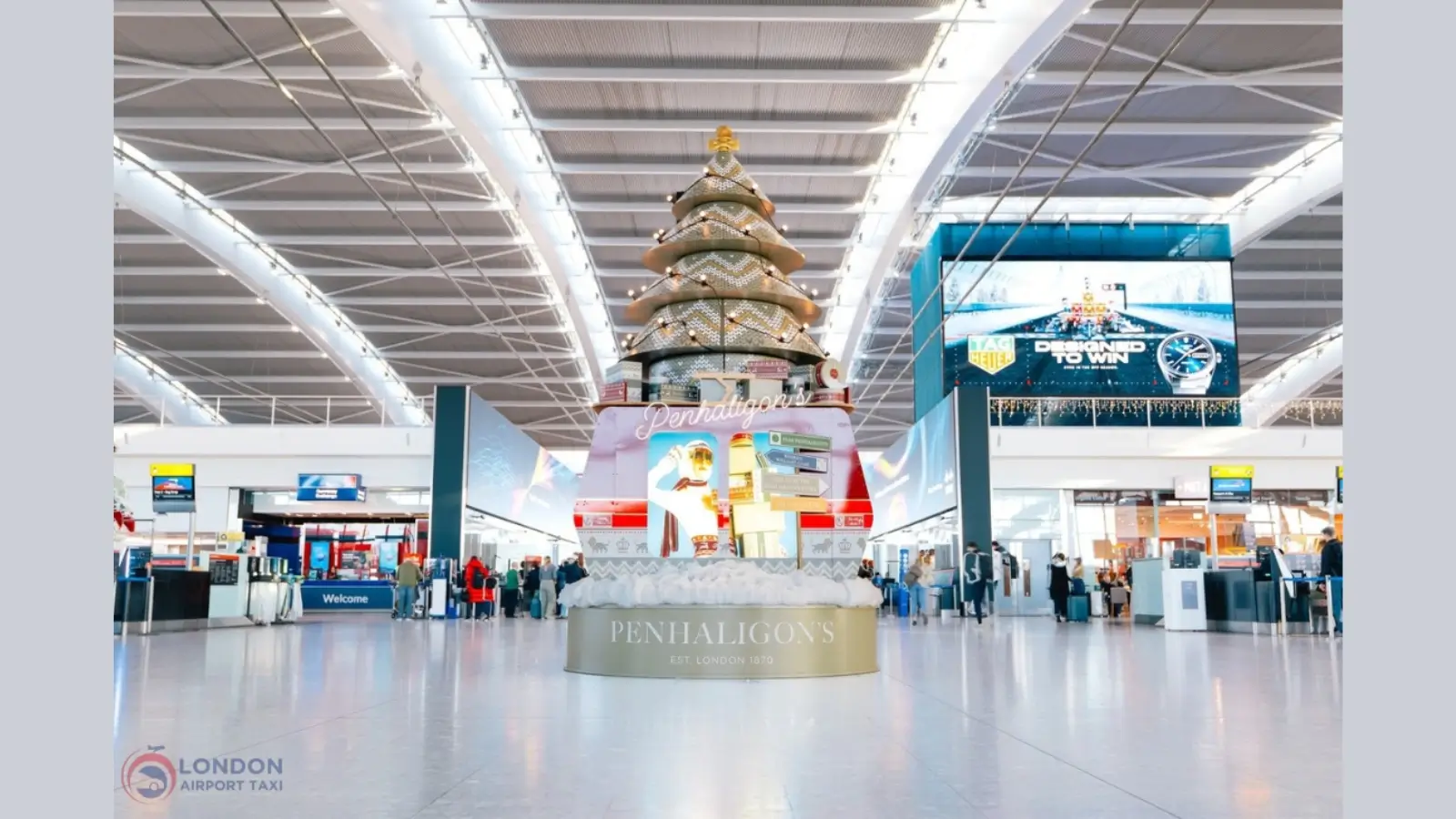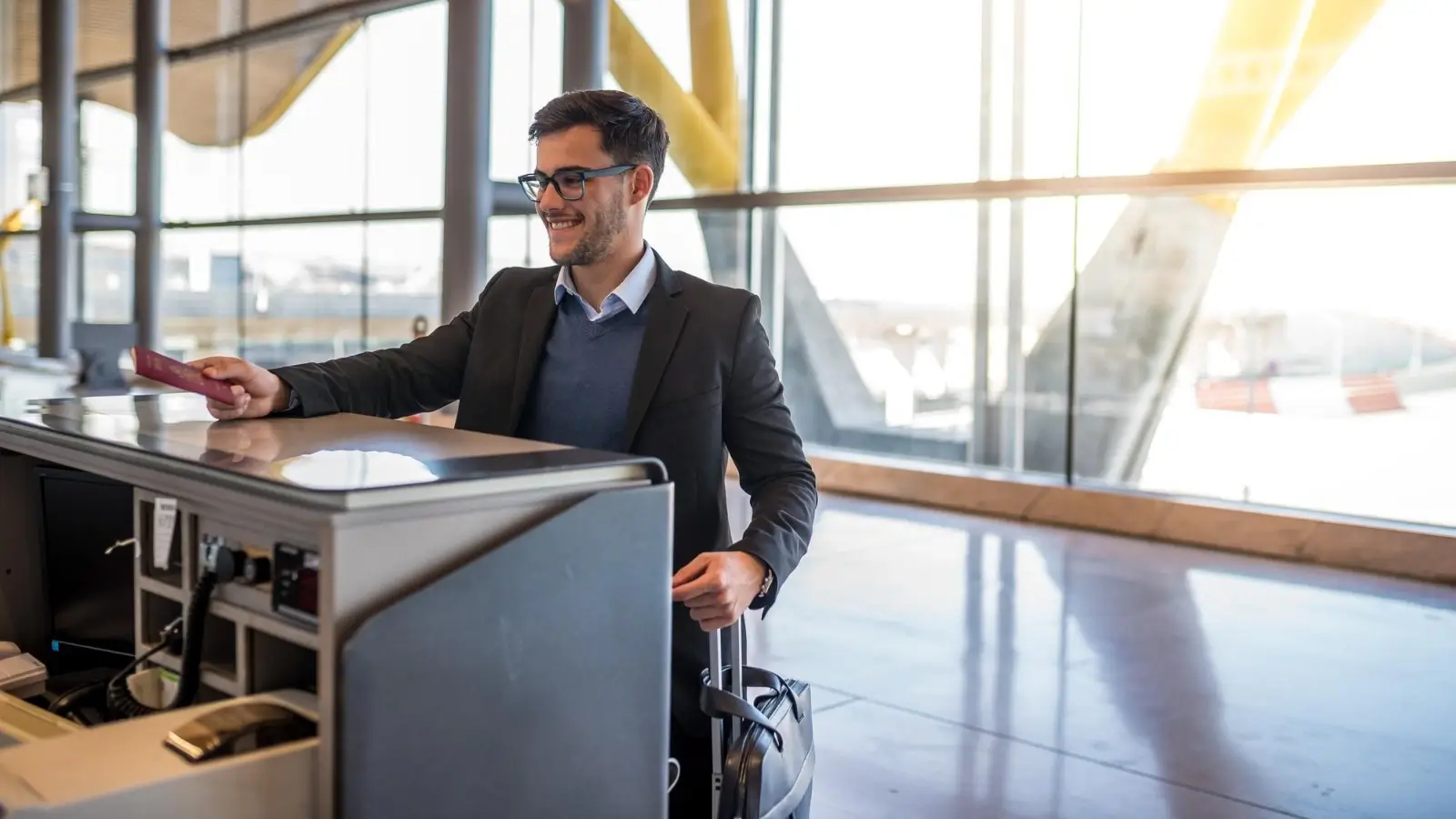Relocating to a new country is an exciting opportunity, but it comes with unique challenges. Unlike domestic moves, international relocations require careful planning, legal documentation, and logistical coordination. From packing belongings to navigating customs regulations, a structured approach ensures a smooth transition. This guide outlines the essential steps for moving internationally while minimizing stress and avoiding common pitfalls.
Step 1: Research and Plan Ahead
International moves require months of preparation to manage logistics, paperwork, and cultural adjustments. Developing a moving plan in advance prevents last-minute issues.
Key Considerations Before Moving:
-
Visa and Immigration Requirements: Ensure you have the proper visa or residency permit for the destination country.
-
Customs and Import Regulations: Research what items can and cannot be brought into the country.
-
Language and Cultural Differences: Understanding local customs and language basics helps with a smoother transition.
-
Healthcare and Insurance: Arrange international health coverage and learn about the local healthcare system.
-
Financial Adjustments: Set up a foreign bank account and understand currency exchange rates.
Planning early allows time to handle any complications before the move.
Step 2: Choose the Right International Moving Company
An international relocation requires professional assistance. Unlike local moves, belongings must be transported over long distances, often involving multiple shipping methods.
How to Select a Reliable Moving Company:
-
Verify Licensing and Credentials: Ensure the mover is registered with the Fédération Internationale des Déménageurs Internationaux (FIDI) or similar organizations.
-
Check Experience in International Relocations: Not all moving companies specialize in global moves. For those relocating to or from Illinois, working with experienced Furniture Shippers Illinois ensures your furniture is transported securely and complies with international shipping standards.
-
Understand Shipping Options: Choose between air freight (fast but expensive) and sea freight (affordable but slower).
-
Get a Detailed Quote: A legitimate company provides a transparent breakdown of costs, including customs duties and port fees.
-
Read Customer Reviews: Look for testimonials from individuals who moved to your destination country.
Selecting the right mover prevents unnecessary delays and hidden costs.
Step 3: Handle Documentation and Legal Paperwork
International relocations require specific paperwork. Missing documents can lead to customs delays or denied entry.
Essential Documents for International Moves:
-
Passport and Visa: Ensure they are valid for the duration of your stay.
-
Customs Declaration Forms: Lists all imported items for clearance at the border.
-
Work Permits or Residency Documents: Required if relocating for employment.
-
Medical and Vaccination Records: Some countries require proof of immunizations.
-
Shipping Inventory List: A detailed list of items being moved, categorized by value and purpose.
-
Tax Documents: Some countries require proof of tax compliance from your home country.
Keeping digital and physical copies of these documents ensures they are accessible when needed.
Step 4: Packing for an International Move
Packing for an overseas move is different from a local relocation. Some items may not be allowed, and others may require special handling.
Packing Strategy for Long-Distance Transport:
-
Declutter Before Packing: Sell or donate items that are not essential.
-
Use Durable, Water-Resistant Packing Materials: Items may be exposed to different climates during transit.
-
Label Everything Clearly: Customs officials may inspect shipments, so clear labeling speeds up the process.
-
Keep Essentials with You: Important documents, medications, and valuables should not be packed in cargo shipments.
-
Follow Country-Specific Packing Rules: Some nations restrict household goods, wooden furniture, or food items.
Proper packing reduces the risk of damage and delays at customs checkpoints.
Step 5: Understand Customs and Import Regulations
Each country has unique rules regarding what can be brought across its borders. Researching these regulations prevents fines or confiscation of belongings.
Commonly Restricted or Prohibited Items:
-
Certain Medications: Some prescription drugs require special approval.
-
Agricultural Products: Fresh produce, plants, and seeds may be restricted.
-
Firearms and Weapons: Strict regulations apply to importing firearms.
-
Cultural Artifacts: Some historical artifacts require export/import permits.
Using a licensed moving company that specializes in international shipping ensures compliance with these regulations.
Step 6: Managing Finances Before and After Moving
Financial stability is crucial when relocating internationally. Managing banking, taxes, and currency exchange rates helps prevent financial difficulties.
Financial Steps Before Moving:
-
Open a Bank Account in the Destination Country: Some banks allow remote account setup.
-
Set Up an Emergency Fund: Unexpected expenses are common in international relocations.
-
Check Tax Obligations: Some countries require expats to file taxes in both home and host nations.
-
Notify Credit Card Companies: Ensure they know about your move to prevent blocked transactions.
-
Exchange Currency Wisely: Using online transfer services can reduce exchange rate fees.
Proper financial planning ensures a stress-free adjustment to the new country.
Step 7: Arranging Housing and Utilities
Securing a place to live before arrival helps ease the transition. Some expats prefer temporary housing while they search for a permanent home.
Finding a Home Abroad:
-
Research Local Housing Markets: Rental and property prices vary significantly by country.
-
Use Reliable Real Estate Agents: Trusted agents can help navigate foreign rental agreements.
-
Check Lease Agreements Carefully: Understand the terms, deposits, and duration before signing.
-
Plan Utility Setups in Advance: Internet, electricity, and water services should be arranged before moving in.
Having a stable housing arrangement upon arrival reduces moving stress.
Step 8: Adapting to the New Country
Cultural adjustments can be as challenging as the logistics of moving. Taking steps to integrate into the local community improves the overall experience.
Settling In Successfully:
-
Learn the Local Language: Even basic phrases help with daily interactions.
-
Understand Local Laws and Regulations: Being aware of rules prevents unintentional violations.
-
Connect with Expat Communities: Networking with others who have relocated offers support.
-
Explore the Area: Visiting local shops, restaurants, and cultural sites helps establish a sense of belonging.
Being proactive about integration makes the transition smoother and more enjoyable.
Final Thoughts
An international move requires thorough planning, from securing documents to managing logistics and cultural adjustments. By researching ahead of time, selecting a reliable moving company, and preparing financially, relocating abroad can be a seamless process.
Tera Moving Services understands the complexities of moving internationally and offers professional assistance to make the transition as smooth as possible. With the right approach, an overseas move can be an exciting and rewarding experience, opening the door to new opportunities and adventures.

















